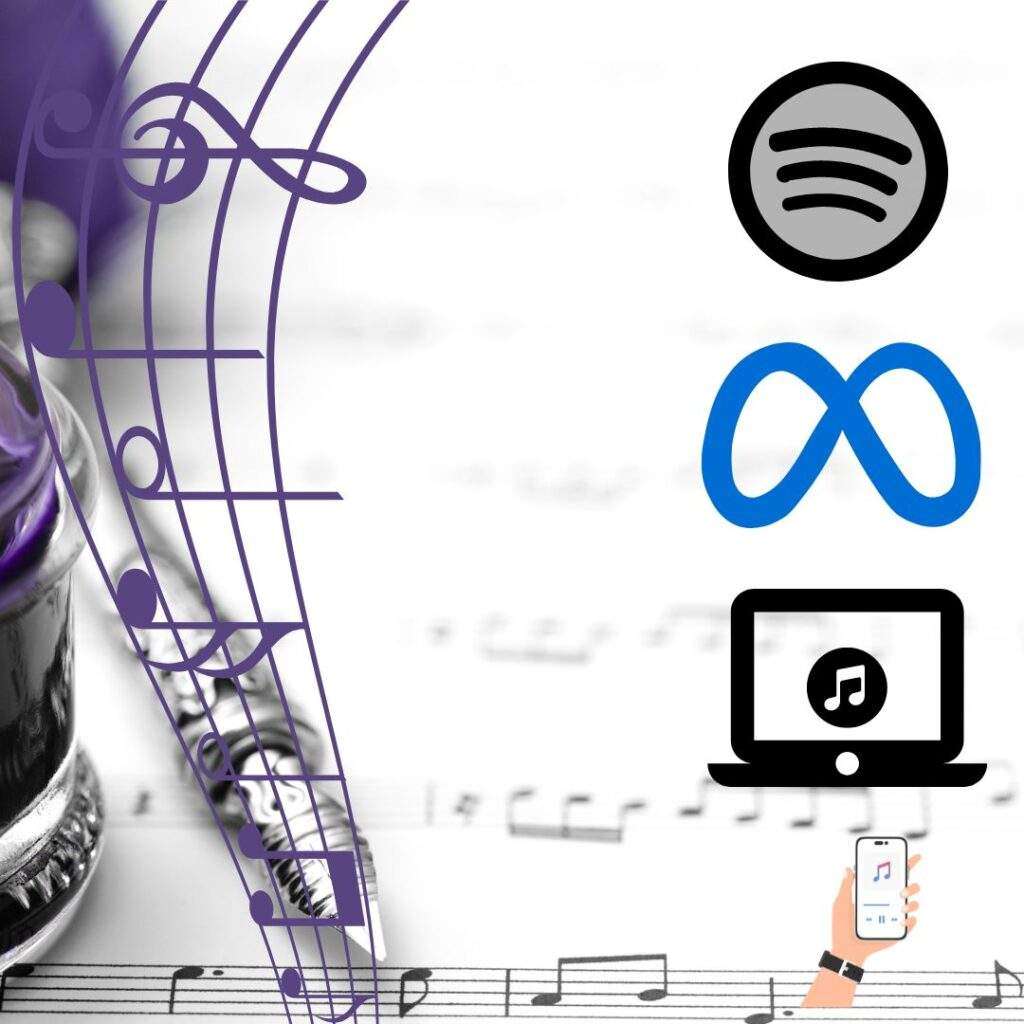
Over the past two decades, technology has not only changed the music industry but also made music more accessible to listeners. Just try to recall the challenges in fixing the antenna of a radio and the complexities of tape recorders. This gives you nostalgia though, but the magnitude of those problems was undeniable. The rapid innovation of digital technology has simplified the music industry and made music more pocket-friendly to listeners. When iTunes was launched it disrupted the orthodox way of buying, selling and sharing music.
In this article, we will discuss everything about how technology in music has changed the course of the industry.
Technology in Music Changed the Way of Creating Music:
Technology has changed the way musicians create music. Music composers can create music in various ways today. More than organic, computer-generated bass, rhythm, and sounds are used in music. They individually can create and launch songs on the streaming platforms without waiting for the approval of a big banner. They can set up live streams for their fans on any social media platform and sing live in front of their fans.
Moreover, the advancement of Metaverse has made augmented reality possible which can give you all the experiences of live performances sitting at home or any other place.
Music used in hip-hop songs is mostly computerized and voice modulation is also a common phenomenon in hip-hop and rap music. However, it makes ultimate results good.
Technology Changed the Music Business
In the early 2000s, when the piracy of music was at its peak, Napster turned up with a revolutionary idea that proposed win-win situations for all creators, distributors, and listeners. It was a free music-sharing platform that plummeted the business of the music industry.
After a year onwards, not only did the demand for piracy fall, the demand for music streaming platforms started to grow. That led to the born of iTunes. The revenue-sharing model protected the rights of the creators and the purchase of a single track saved the money of listeners who previously had to buy the CDs of the whole album despite liking only one song in the album. Most recently, Spotify changed the way people consume songs.

Negative Impacts of Technology on Music
Using technology in music is making art simpler and cheaper. The recording process becoming more hardware and software-based is making music more of an artificial thing than original and organic. Voice modulation, autotune, and computerized bass might be providing some good end products. But, on the other hand, it snatches the jobs of musicians and instrumentalists away.
Furthermore, the original singers are somehow getting side-lined by the popularity of autotuned singers due to their immense popularity through social media channels. Many traditional and veteran singers and musicians have shown unease about the appearance of non-singers becoming famous due to the advancement of technology.
Innovative music products are ignored and software-driven music is becoming hype as they meet Gen Z tastes more intimately. This ultimately hurts the creative potential of music artists and makes them more dependent on Artificial Intelligence and software.
Technology Helps Musicians and Banners Pivot:
The lost sales of music have made the big banners and musicians think of alternative ways to make up the lost revenues from music. Live performances and music festivals are one of the ways to recover the lost sales of music. Before Covid, live performances surged exponentially every year. During covid, live music online through steady growth. The advent of the Metaverse and live performance in augmented reality provides a new projection of live music or concerts. Adding to these, several campaigns during live shows like flood relief, donations, and raising funds make the community stronger and better.
Conclusion:
Despite some cons, its technology in music has opened the doors for many music artists, who individually can grow without support from any big production house. Technology has not only helped music grow commercially, but it also has to a great extent democratized the music industry, Today, you can just sing your heart out on social media platforms and get recognized for your musical talents. This credit goes to the development of science and technology only.
Moreover, it allows you to discover the music of different genres and languages including the tribal, folks, and rustic ones. It provides unlimited opportunities to learn music from any part of the world. So, we can also conclude that the contribution of technology in music education is also abundant.
Read our latest blog on the life of Chance The Rapper now.
